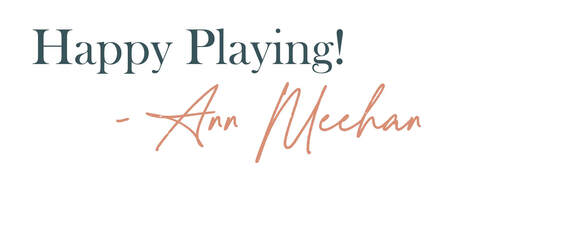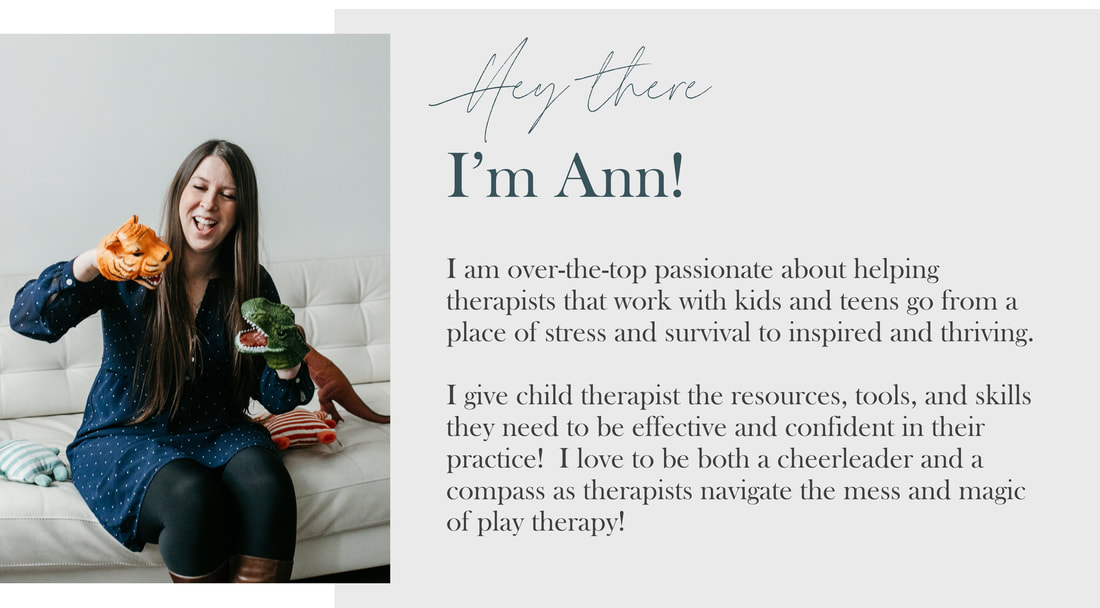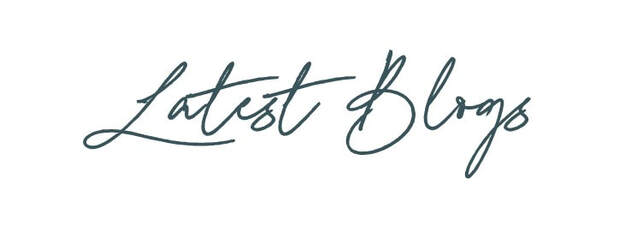|
Natural consequences are when something in the environment that naturally happens next after an unhelpful behavior that leads to learning.
In short - you don’t study for the test you fail OR if you sneak video games all night you might have a hard time getting up in the morning and miss eating breakfast as you rush to the school bus.
For adults and grownups? If you park in the no parking zone (for just like a minute) you may come back to find a ticket. You forget to pay your internet bill? Well the internet gets shut off.
Second best to natural consequences? Related consequences! Consequences that are directly related to the difficult or unhelpful behavior. Check out more about all the different kinds of consequences and the truth about punishment HERE! Well…what about when natural consequences are nowhere in sight and as a parent or therapist you are racking your brain and coming up empty handed? Because the secret is that every difficult behavior doesn’t have a nice neat packaged natural or related consequence. Don’t fear - all is not lost! Now, natural consequences and related consequences usually have more power and are more effective for teaching and learning, but unrelated consequences can be effective as well! Check out these 6 Tips for When A Natural Consequence Is Hard To Find: Work on regulating yourself Check out more on that HERE and a free downloadable cheat sheet for parents to regulate when things are heating up. When parents can be calm the brain opens up, stays in the prefrontal cortex, and parents can be more intentional about what consequences are selected. A second bonus of grown ups focusing on regulating when giving consequences that when anger takes over kids can miss the point. They can come up with external control narratives like “mom is mean” or “dad’s in a bad mood today, it’s not really a big deal”. This significantly detracts from handing the child back the problem and ownership and takes away from any learning or teaching. Don’t feel like you need to act immediately Usually under pressure we develop consequences as …well… not the best version of ourselves. When grown ups act quickly it usually leads to regret and walking back whatever consequence comes out in the heat of the moment (think along the lines of all your Halloween candy is going in the garbage or I’m taking away your birthday kind of moments.) If we look under the lens of Cognitive Behavioral Therapy, just stating there is a consequence and you need some time to think about it is actually a placeholder for the consequence itself AND parents usually develop consequences that are more effective for teaching when they take a minute to breathe. For parent’s it is so important to know and remember that you don’t have to have it all together in the moment, and it’s okay to take some time to think it over or breathe. Another piece that goes with this is actually circling back to the consequence and not forgetting it! Identify the essence of what was lost or impacted When grown ups think about the impact of a child’s unhelpful choice, the consequence may become more clear. Love and Logic has an amazing term for this as the “energy drain”. With this concept the thought is at the end of the day if nothing else, energy is drained from a parent by having to deal with the problem. On that note if a caregiver needed to spend 20 minutes of time handling the problem, then, what is something that could help a parent get that time or energy back? If a parent’s energy is drained in some other way how can their child fill their cup back up? The most common impacts are time, money, and energy - so these are great places to start! Sometimes filling up a parent's cup can be helping out with a typical parent task (helping with dinner), having the allowance go towards something for the parent (maybe a favorite snack or book), or skipping something extra a parent would have to take time out of their day for transportation. This last one might look like “yes you can have a friend over, but I’m not taking you to the mall because I need this extra time to finish the things I had planned and couldn’t do”. Identify what has and appropriate value Have you ever heard the saying “let the punishment fit the crime?”. Well…. that’s what this tip is all about! When parents think of consequences, consider the impact or level of unhelpful behavior and the impact of the consequence. Taking away computer and tablet time for a month for a snuck treat…well that’s a little out of proportion for the unhelpful or undesirable behavior. AND for the child that was just aggressive with their sibling and put a hole in the wall, a 30 second regulation break is likely not helpful either. Return responsibility This last one is one of my favorite tips. Sometimes as grown ups we feel like we need to have all the answers, come up with the perfect solution, or know just the right thing to do. However, sometimes the biggest expert is the child! When a grown up pairs with a child against the behavior it leads to more positive and connected relationships. AND oftentimes children are excellent brainstormers (is that even a word?) of how they can fix and solve the problem. This not only helps with repair but allows a child to increase decision making, personal responsibility, and actually improves self esteem. It allows the child to have cognitions that they can have power to fix problems and they can make things better. It creates a more internal locus of control! There you have it! My 7 tips for when a natural or related consequence is hard to find. What about you? What are your best tips for parents? Share below! Loading...
1 Comment
Kim
7/6/2022 04:29:04 pm
This is very helpful and insightful. Super timely too! Thank you for all you do and share with us!
Reply
Leave a Reply. |
Hi, there!I'm Ann Meehan, an LPCC, Loading... Archives
July 2024
Categories
All
|
Privacy Policies | Terms of Use | Disclaimer
Contact
[email protected] | Copyright Meehan Mental Health Services 2022
Contact
[email protected] | Copyright Meehan Mental Health Services 2022







